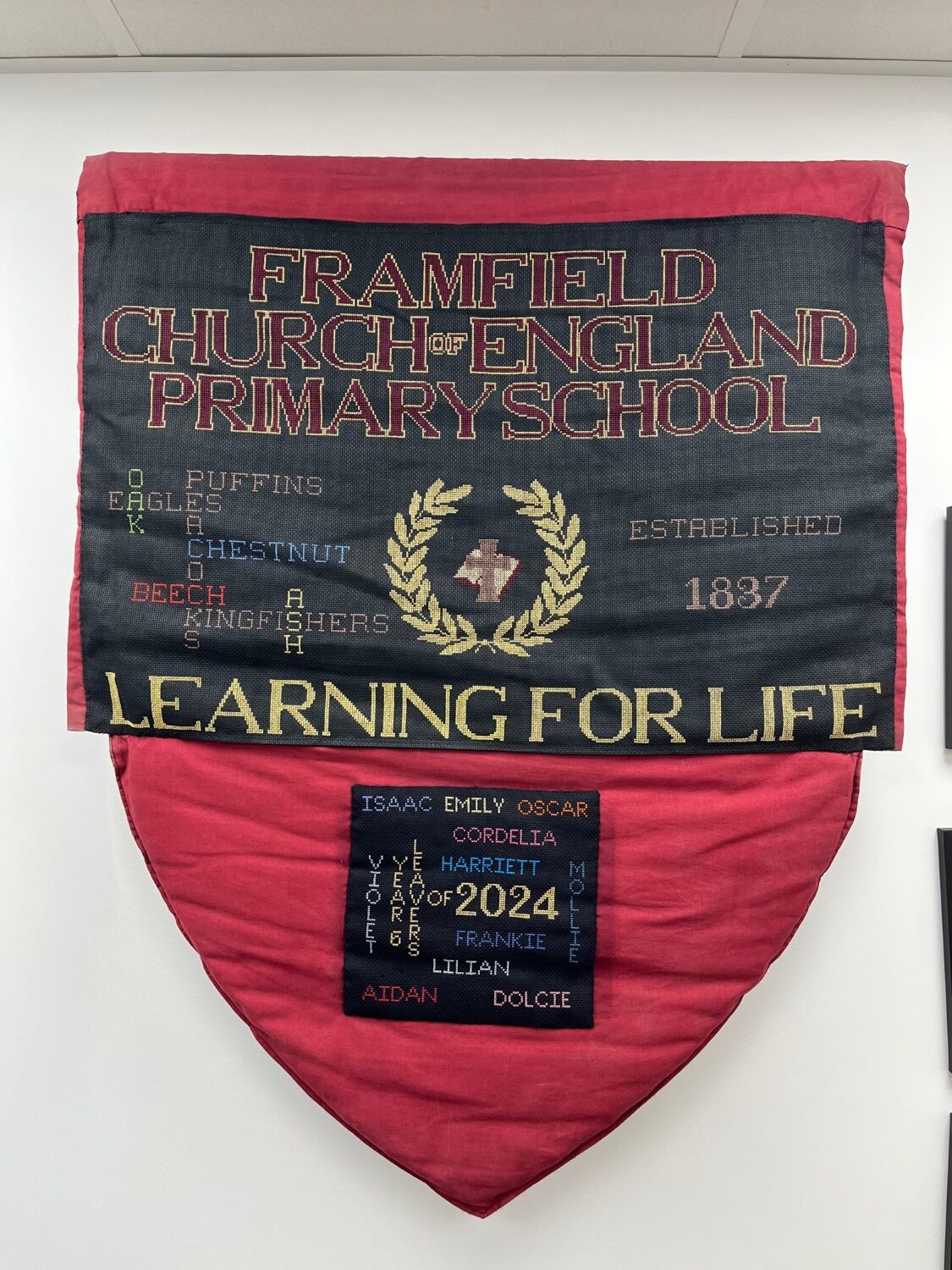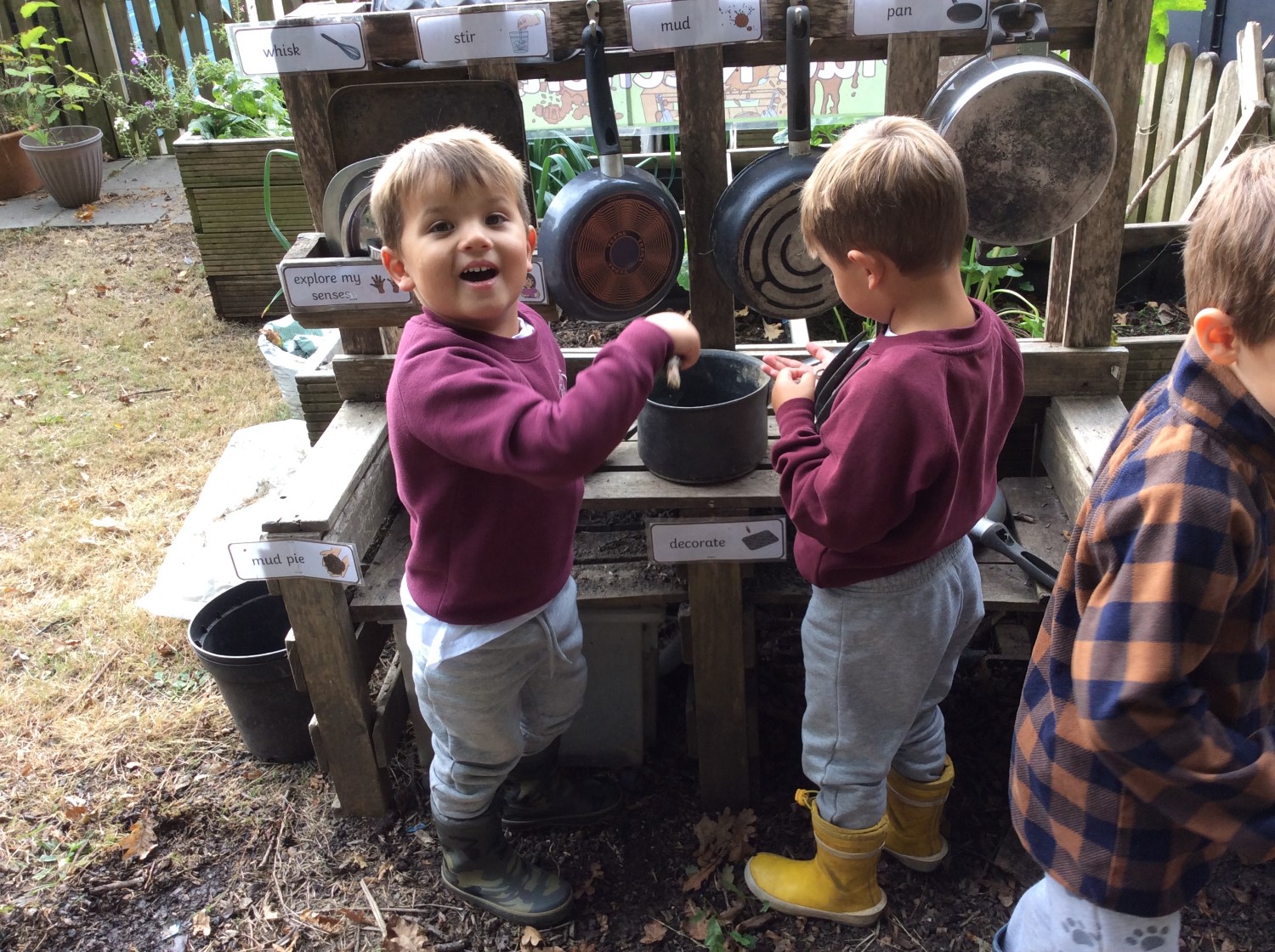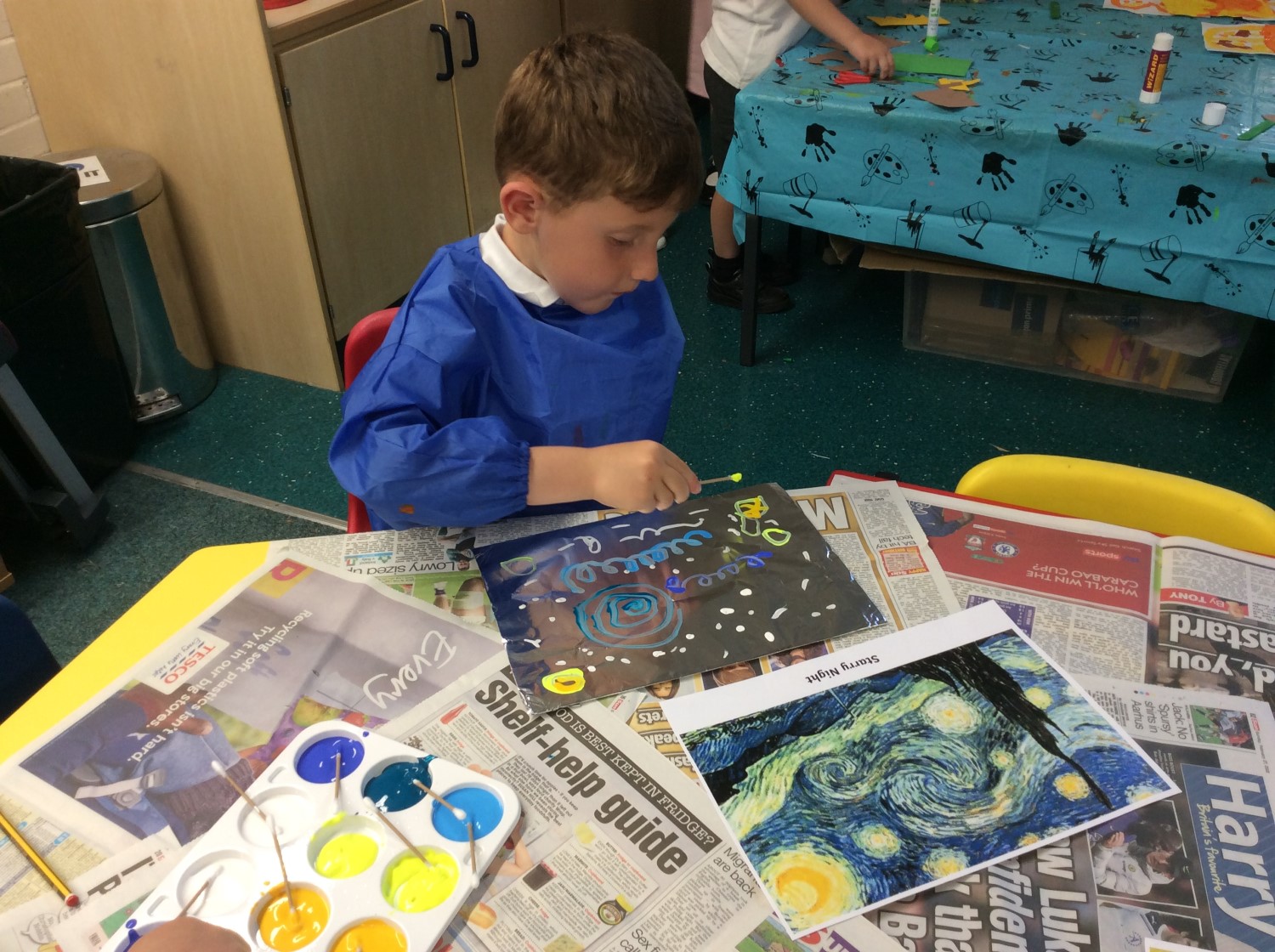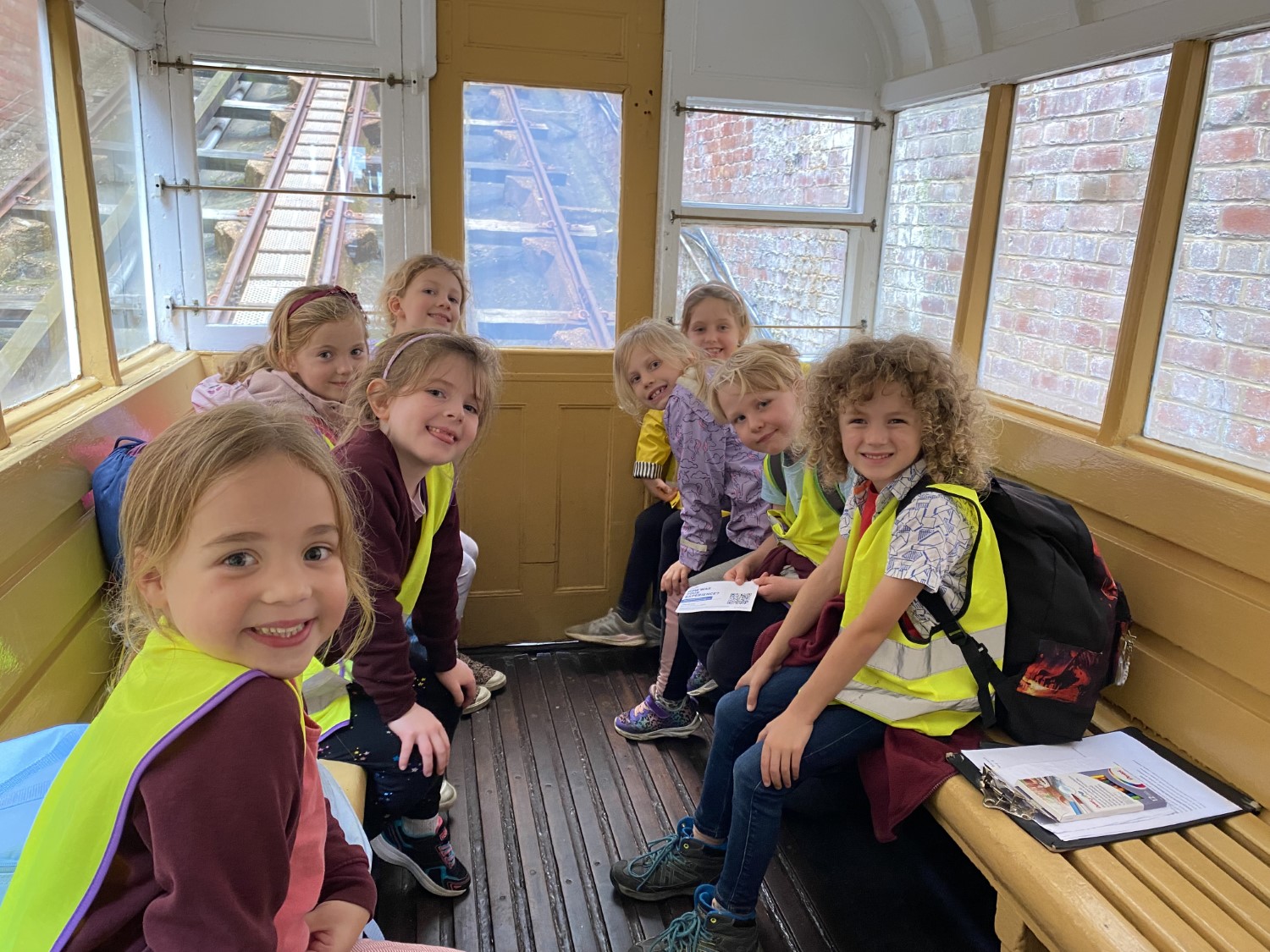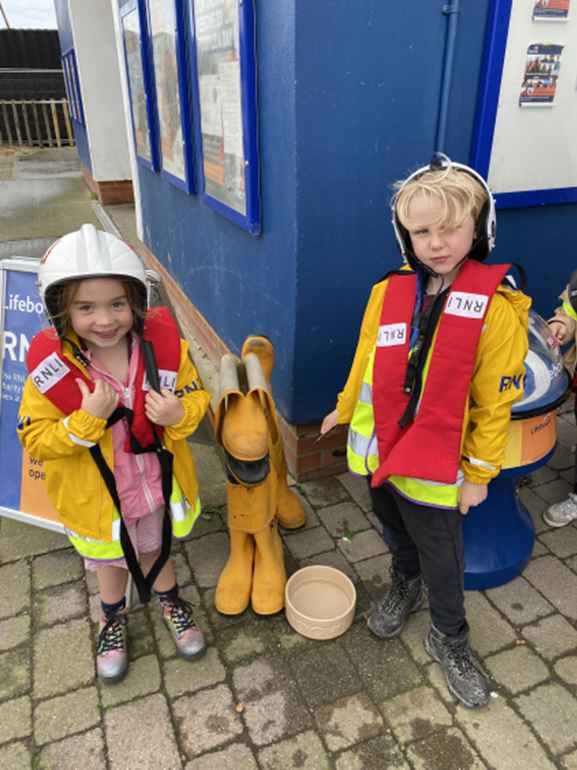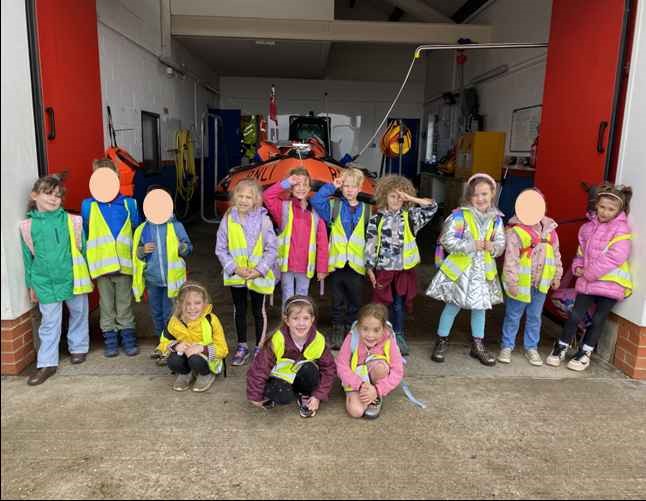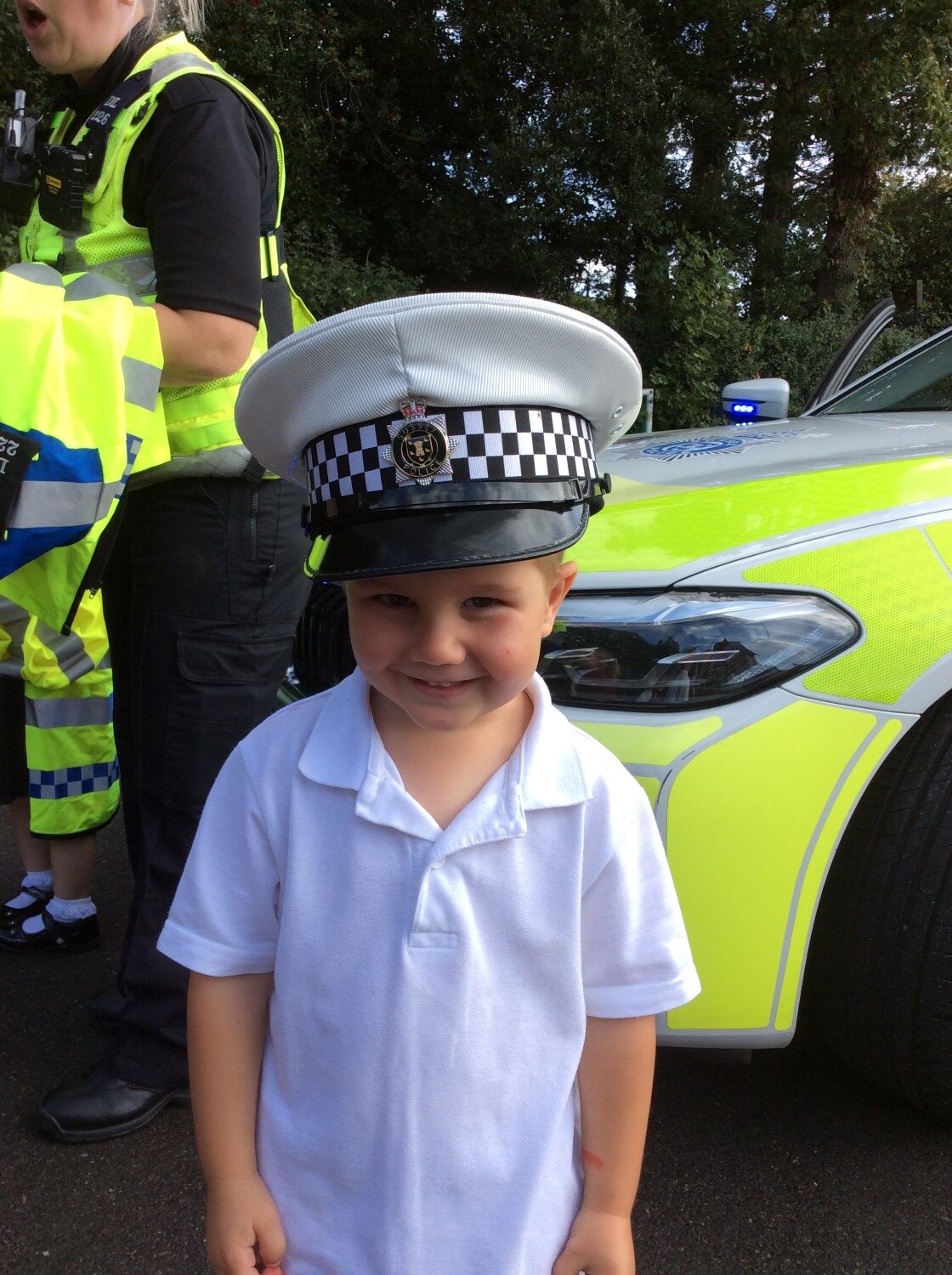The DfE have recently reinforced the need “to create and enforce a clear and rigorous expectation on all schools to promote the fundamental British values of democracy, the rule of law, individual liberty and mutual respect and tolerance of those with different faiths and beliefs”. The Government set out its definition of British values in the 2011 Prevent Strategy, and these values were reiterated in 2014.
British Values are promoted in our whole school ethos and alongside our Christian values and our aims, underpin a great deal of what we do eg. school assemblies, RE, Social, Moral, Spiritual and Cultural Education experiences, PSHE sessions.
Our values fulfil requirements for the British values highlighted in the new Ofsted inspection framework (Sept. 2014), namely:
- democracy
- the rule of law
- individual liberty
- mutual tolerance and respect of those with different faiths and beliefs.
Staff, pupils, parents and Governorsare involved in deciding on our values which are overt in all areas of our school life. We also actively promote British values through ensuring that our curriculum planning and delivery, includes real opportunities for exploring these values.
Our Aims and Objectives
- To nurture an environment in which the Christian ethos is celebrated in all areas of school life.
- To nurture all children and enable them to achieve their personal and academic potential and to value each child's contribution.
- To create a friendly and secure learning environment where children and adults work together with fun, enjoyment and enthusiasm.
- To help children discover a sense of awe and wonder of the world in which they live and to develop a concern for its sustainability.
- To offer stimulating, challenging and creative learning experiences, in which provision is made to cater for all pupils' needs.
- To promote a healthy life-style through a positive attitude to physical and mental activity.
- To maintain a highly performing and effective learning environment.
- To empower our pupils by helping them to manage risk and to meet challenges positively.
- To ensure pupils are taught life skills to enable them to make a positive contribution to society in our continuously changing world.
- To create an atmosphere of mutual respect for all by cultivating an appreciation of multi-cultural diversity, preparing children to develop into citizens of the twenty-first century who are tolerant and confident.
These aims underpin the work of the whole school and form the basis for our partnership between staff, pupils, families, governors, community and Church.
Democracy
- An understanding of democracy is developed through our school council. Elections for this are held at the start of the year when pupils present their reasons for wanting to stand. Following a vote, each class elects a school council representative from each year group. The council meets on a regular basis to discuss any particular issues arising from class discussions.
- Pupils complete questionnaires
- There are elections of House/Team Captains.
- We endeavour to instil in every child the knowledge that however small they are, they have the ability to make a difference – and they DO!
- Issues of democracy in the world beyond school are focused upon in an age-appropriate manner and parallels are drawn with life in school.
- Sports Crew leaders are trained to lead the organisation of playground games/sport and to look after equipment.
- Buddies look after the reception children both in school and on the playground.
- Pupil voice is valued through curriculum monitoring sessions with subject leaders.
- Pupils attend parent consultation evening in years 5 and 6.
- Teamwork is modelled by staff and constantly and consistently encouraged in the children.
Rule of Law
- The importance of Laws, whether they be those that govern the class, the school, or the country, are consistently reinforced throughout the life of the school, as well as when dealing with behaviour and through school assemblies.
- Pupils are taught the value and reasons behind laws, that they govern and protect us, the responsibilities that this involves and the consequences when laws are broken. Pupils are aware that there are consequences to behaviour and develop a sense of right and wrong at an early age.
- Children are rewarded not only for achievement in curriculum areas, but also for behaviour eg End of term “Good Egg” awards.
- Rewards are given in the form of stickers, house points and certificates as well as the end of term Cup Assemblies.
- Children's achievements are also recognised during Celebration Assemblies.
- Visits from authorities such as the Police; Fire Service; Lifeguards etc. are regular parts of our calendar and help reinforce this message.
- Each class democratically decides their class rules, against which behaviour in class is judged and consequences decided.
Individual Liberty
- Within school children are actively encouraged to make choices, whilst knowing that they are in a safe and supportive environment.
- An emphasis is placed on making the right decision; behaviour is judged, but not the child
- As a school we educate and provide boundaries for young pupils to make choices safety, through of provision of a safe environment and empowering education.
- Pupils are encouraged to know, understand and exercise their rights and personal freedoms and are advised how to exercise these safely e.g. through e-safety, PSHE and SMSC.
- Children are encouraged and given the freedom to make a choice and supported in living with that choice whatever area of school life that might be eg. Challenging themselves in class, who to work/sit with, what clubs to attend.
- In this way, it is our aim that our children will be able to make the informed, independent choices of good citizens.
Mutual Respect
- Part of our school ethos has revolves around the Christian Values which includes ‘Respect’, and pupils have been part of discussions and assemblies related to what this means and how it is shown.
- All staff treat each other and the children in our care with respect. We respect and value one another's person, property and opinions - even and especially when it is different to our own.
Tolerance of those of different faiths and beliefs
- We have a lower than average number of minority groups represented but fully recognise the need for our children to grow up understanding and embracing the different cultures that make up the United Kingdom.
- Our Collective Worship, PSHE work and school ethos emphasise tolerance and proactively and successfully educate against any form of prejudice or prejudice-based bullying.
- Special days and weeks are organised with a world-wide focus eg UNICEF day for Change and Day of European Languages.
- Representatives of different faiths and religions are invited to the school which enhances both knowledge and understanding of our pupils.
- Resource collections –books, DVDs and artefacts –are kept for the 4 major religions practised in Britain.
- The school visits France on an annual basis.
- The curriculum ensures that there is at least one topic during the school year with an international focus.
- The school is fully compliant with the expectations of the Public Sector Equality Duty (PSED) set out in clause 149 of the Equality Act 2010 and Governors review progress against our Equality Action Plan annually.
